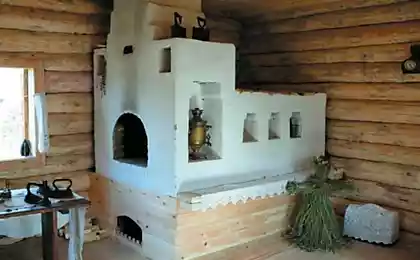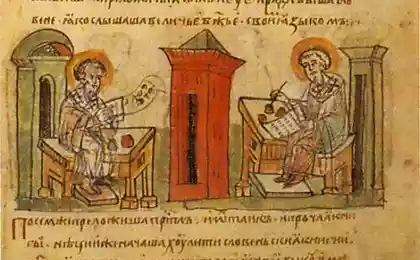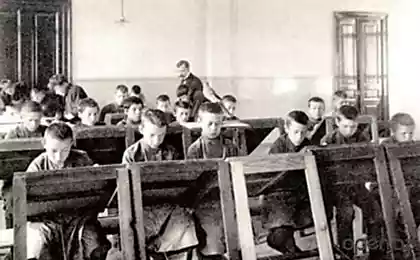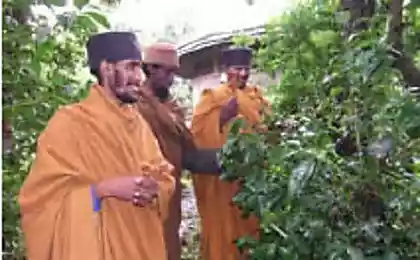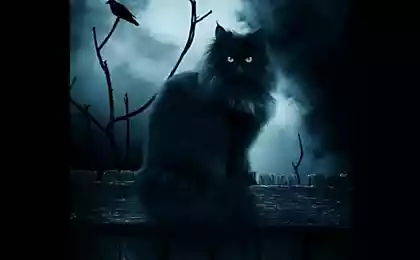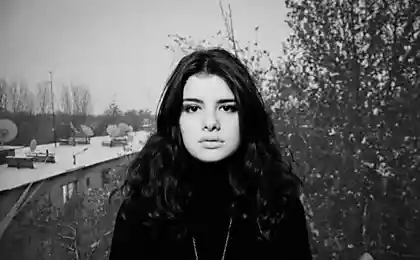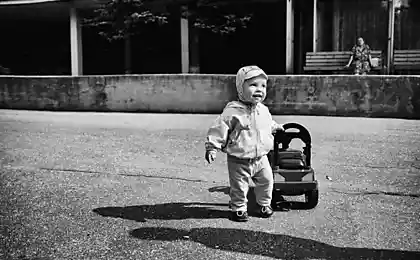572
One hundred years after childhood or writing topics high school students of the early twentieth century
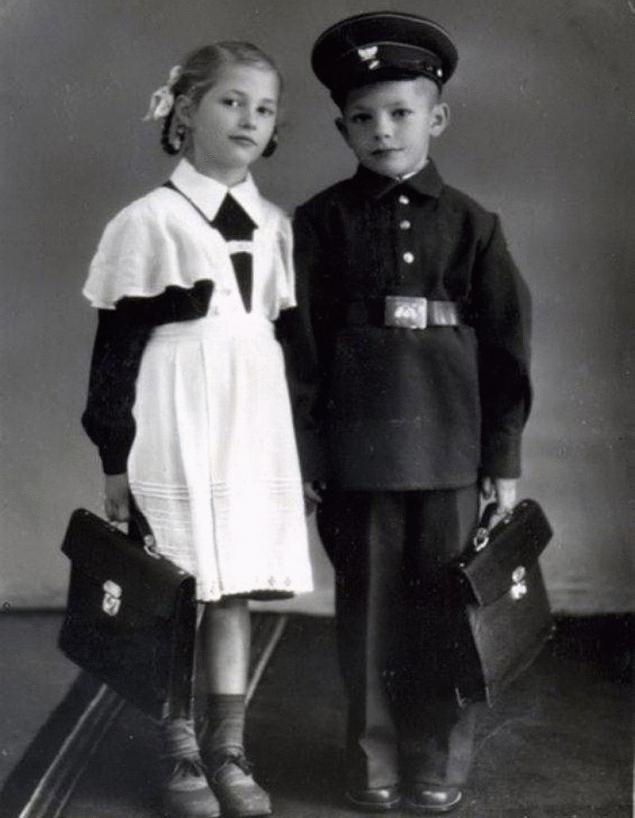
There is no freedom,
But there is still love
At least this
twilight Moscow,
At least this cute
Russian language
At least this
Home unhappy.
Yes,
There is love, Last love.
Eugene Blazejewski, 1970-ies
Summer friends invited me to visit. They live in an old wooden house with a mezzanine. After tea, the two little daughters of the owners took me to the attic via a steep narrow staircase. It was a children's treasure island.
In the twilight flickered porcelain cups from disparate sets. Dozing, covered in dust, large boxes, which the family was evacuated in 1941, and then returned home. On the bookshelf stood the magazines and books. I took one of the disheveled books and walked over to the attic window. Struck by the line: "Exalted thoughts eats fulfillment in the life of the exalted duties..."
So I was a "Compilation of issues and plans for works" issued by the printing house of M. M. Stasyulevich in St. Petersburg in 1906. Friends gave me this collection, which belonged to their great-grandfather-the Russian language and literature, and, on returning home, I began to leaf through it. At first glance — the usual book-a training manual, and some are now many. "Analysis of the odes of Lomonosov", "the General character of the lyrical poems of Pushkin", "the Nature of creativity Turgenev"...
It turns out that a hundred years ago the love of literature was exterminated these boring tutorials! I was annoyed to defer the collection, but suddenly saw the head of "Topics descriptions" on me breath of something living, rural real. In these topics, formulated without any hardship, without pointing fingers in them, not in the "critiques" of Pushkin and Turgenev, and lurked genuine poetry.
So here are some of the topics that were offered to pupils 12-13 years in the early twentieth century:
- The sinking of our garden in the fall.
- The river in moonlight night.
- Meeting the troops returning from a campaign.
- Forest in her time.
- A shipping dock.
- Grandfather's garden.
- The arrival of the train.
- That saw the bird in distant lands.
- The history of the construction of the house and breeding with him?
- Giants and pigmies of the forest Kingdom.
- The word as the source of happiness.
- Why is life compared to a journey?
- Homeland and a foreign party.
- On the transience of life.
- What items constitute the wealth of Russia and why?
- About the high dignity of human words and letters.
- About the fragility of happiness based solely on material wealth.
- The manifestation of the moral principle in history.
- Based on what a spiritual bond between ancestors and offspring?
Why in modern textbooks we do not meet or "grandpa's garden" or "Word as the source of happiness"? You say that in 1906, the world was a much beznadejnoe and nespeshno. But what is really there serenity: "Collection of topics and plans for works" published in the St. Petersburg press in those days, when Moscow's troops stormed the barricades on First Meshchanskaya and Presnya.
But the teacher continued to make his lonely eternal. And alone it would have been even more tragic if not a modest allowance, made by people, may be boring, but loving, sincere. Yes, the theme that they offered to the teacher and the students on the background of the events seemed small, "are not worthy of the era", but its peaceful tone they at least for a few minutes or hours of sheltered children from the dissolute chaos. They were reminded that, in addition to political abstractions, there is a house, garden, mom and dad, the beauty of falling snow and the mystery of the starry sky. Or here's an old oak in the yard.
"The oak belongs to the most beautiful and most valuable forest trees because of the majestic view... an Oak is a dwelling of many insects and birds... the leaves are used for making ink ink nuts..." published
Author: Dmitry Shevarov
P. S. And remember, just changing your mind — together we change the world! ©
Source: www.rg.ru/2011/09/01/sochinenie.html
11 simple tips of traditional medicine to maintain Your health
Recipes healthful drink of centenarians of China and India
